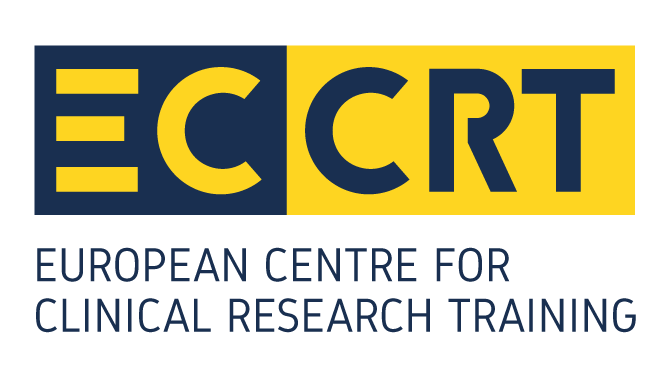The ECG in Clinical Research
Book a session
| Date | Product | Location | Price | |
|---|---|---|---|---|
| No sessions are planned at this time, however if you are interested in taking this course click here | ||||
| If you would like to have this course as an in-house session click here | ||||

About this course
Reasons to attend
Clinical research professionals are required to understand the basics of an ECG in order to assess the study subject’s safety. If you are a Clinical Research Associates (CRAs) or similar function and an ECG is not familiar to you, this course is ideal for you.This course is designed to provide you with a basic understanding of the conducting system of the heart.What's included?
- Documents and materials related to this course are included
- Globally recognised certificates awarded after test completion
Course schedule
- One Day face-to-face training: 09h00-17h00
Course Description
The electrocardiogram or ECG is an essential and most commonly used tool for monitoring the functioning of the heart. As a consequence, it also a key element in supervising the safety status of clinical trial subjects. This course will provide you with the basics of the nature of the electrocardiogram, concentrating on the reasons for the positioning of the leads, the nature of the electrical tracing, and the various sections of a normal ECG tracing.The second part of the course will cover disorders of heart rate and rhythm, concentrating on the most common abnormalities reported in trials. Disorders of conduction will be covered in reasonable depth, with dedicated sections on congenital and acquired disorders. In this section, there will also be a detailed review of the QT interval covering its measurement, the various correction factors involved, and the clinical implications of interval prolongation.Finally, other disorders of relevance will be covered, including acute and chronic ischaemic changes, heart failure, and cardiomyopathy.Programme highlight
- The nature of the electrocardiogram
- Disorders of heart rate and rhythm
- Disorders of conduction: congenital and acquired disorders - QT interval
- Other disorders including acute and chronic ischemic changes, heart failure and cardiomyopathy
Learning objectives
- Learn the basic of cardiac electrophysiology
- Recognise the different sections of the ECG trace
- Know the basic language used in ECG reports
- Detect some disorders of rate and rhythm
- Explain why the various intervals are measured, how they are reported and the clinical significance of major changes
- Be able to see changes in the ECG suggestive of cardiac pathology
Who should attend
This course is designed for non-medically qualified scientists working in the fields of clinical research and regulatory affairs.
No previous knowledge is required.Competencies
This course covers competencies that are part of the ECCRT Competency Framework
- Scientific Concepts & Research Design (2)
- Ethical & Participants Safety Considerations (0)
- Investigational Product Development and Regulation (0)
- Clinical Studies Operations (GCPs or ISO 14155) (1)
- Study and Site Management (0)
- Data Management and Informatics (0)
- Leadership and Professionalism (0)
- Communication (0)
- Teamwork (0)
- Business acumen (0)
Trainers
No trainer yet

No testimonial yet